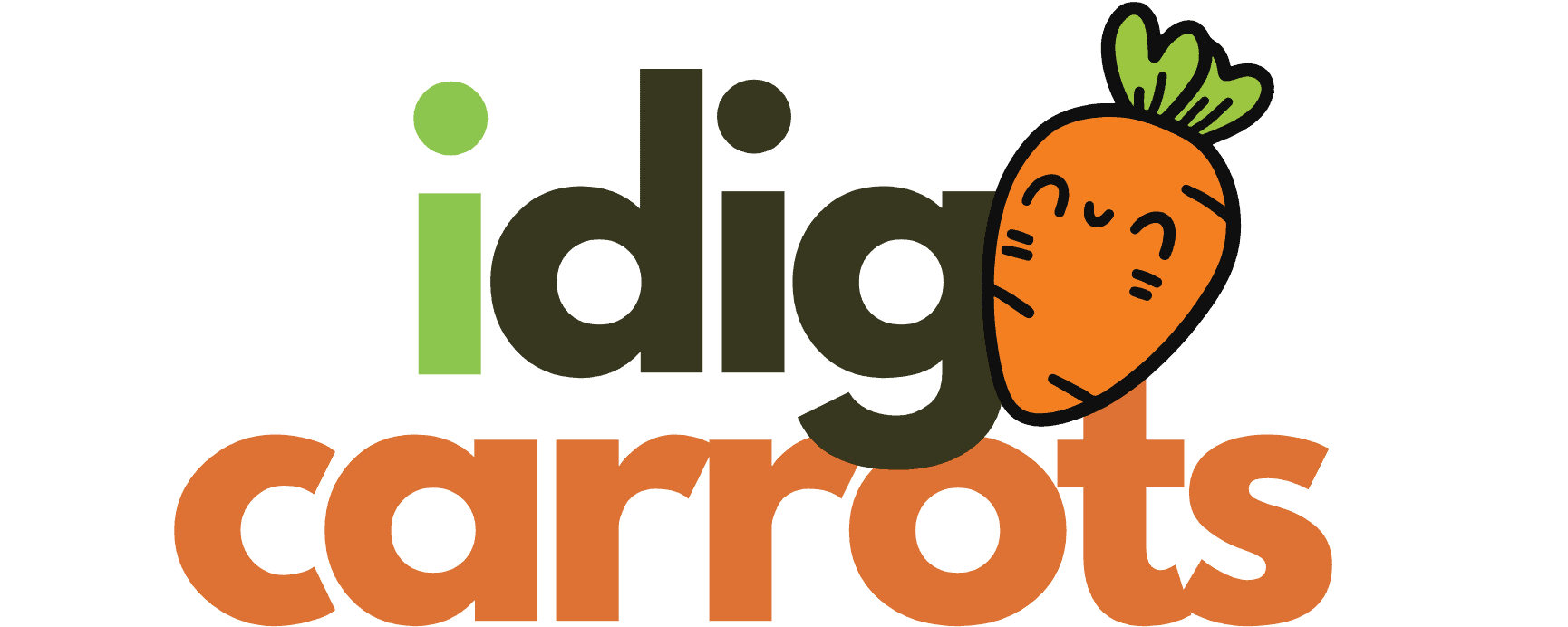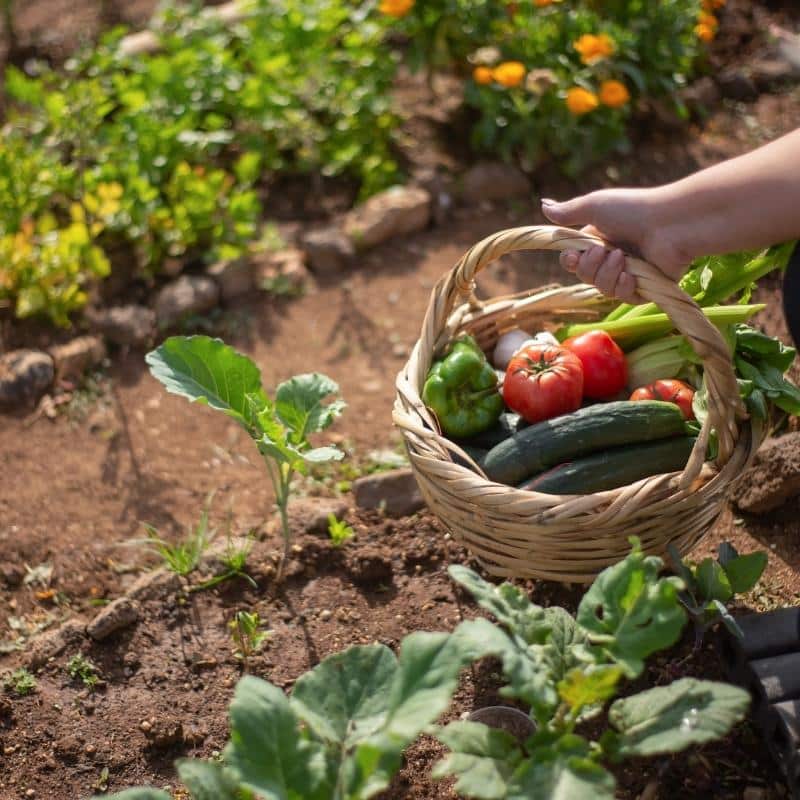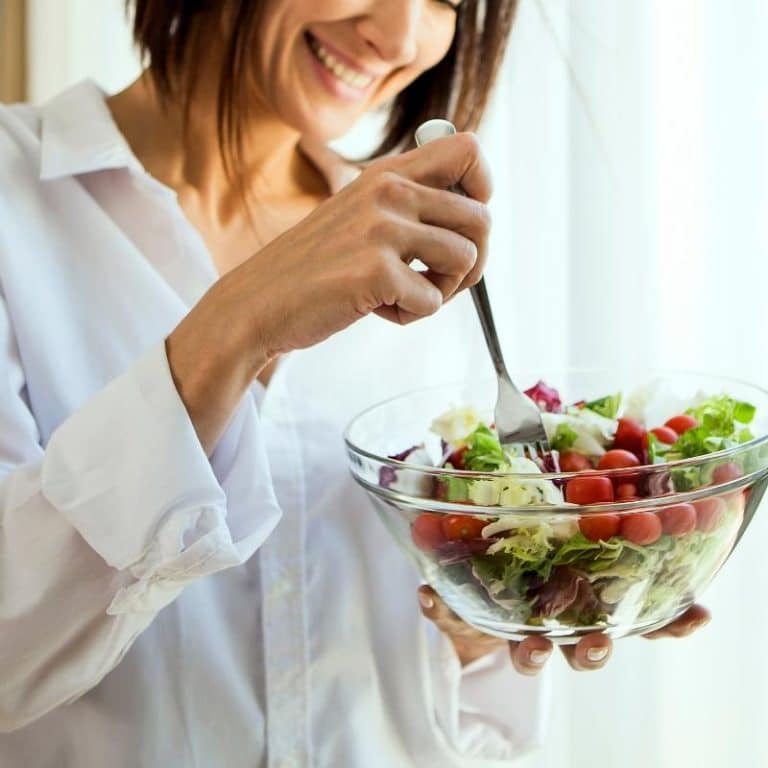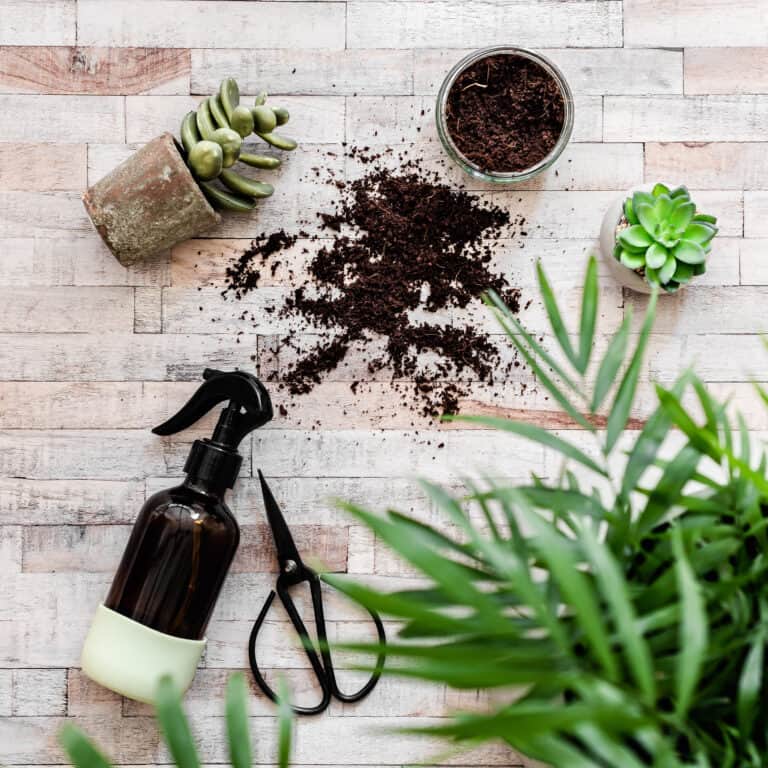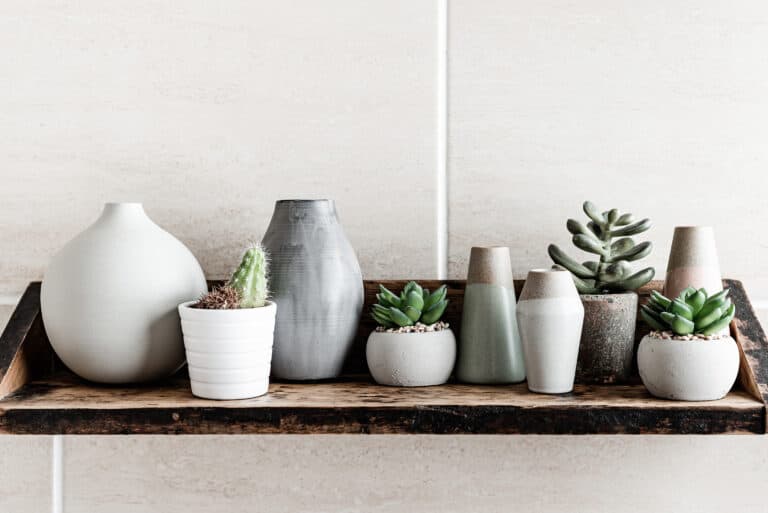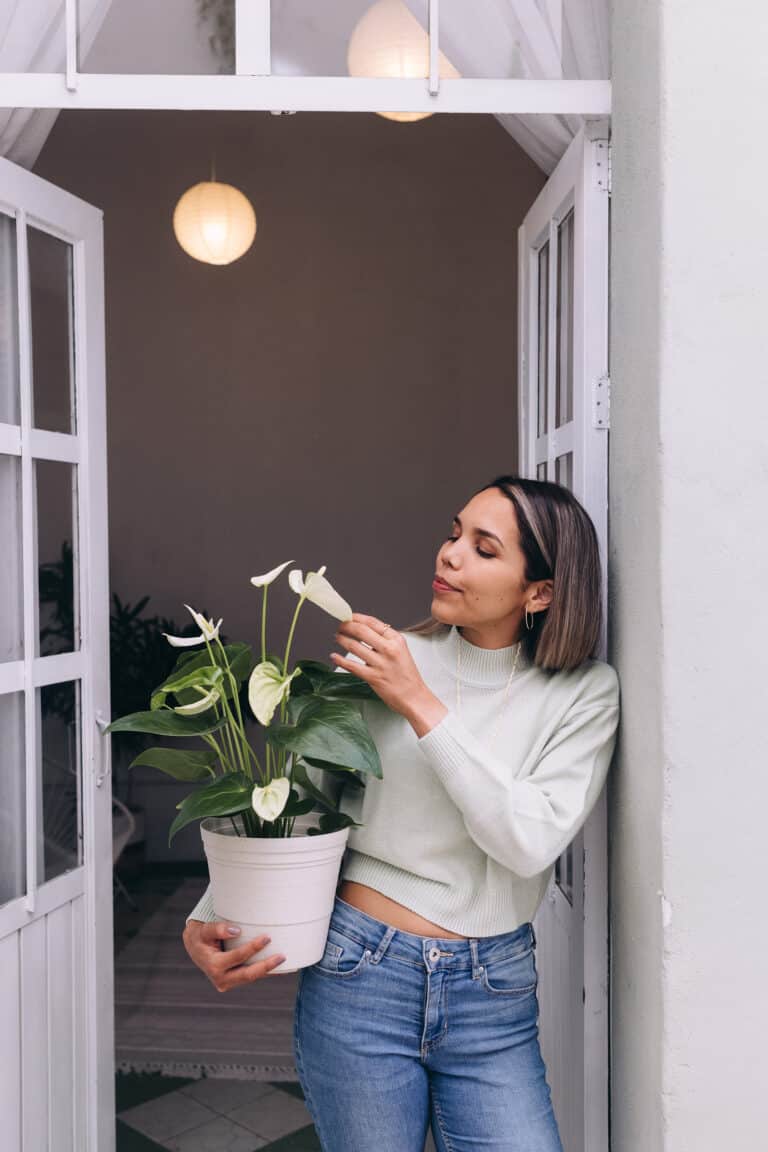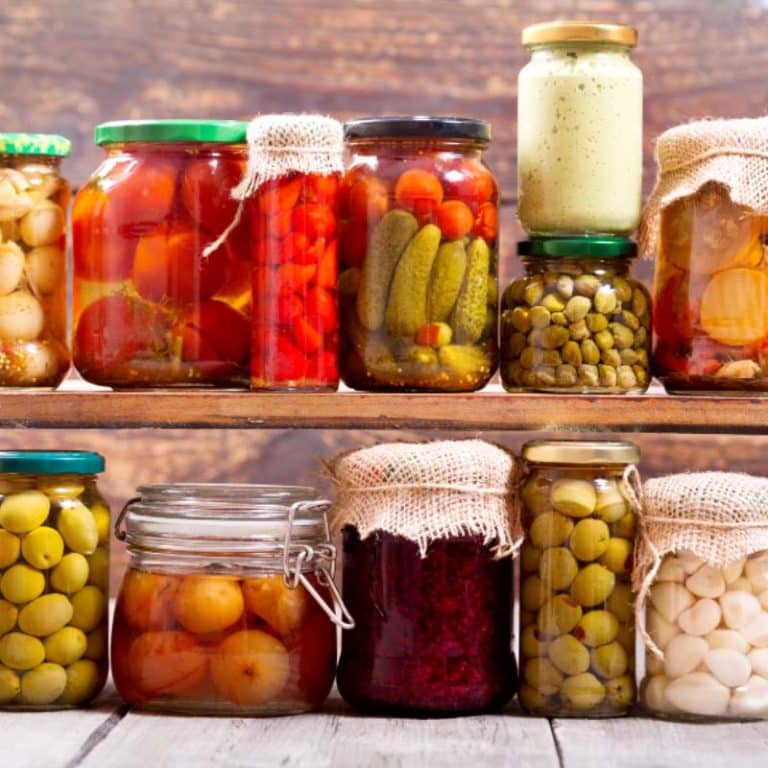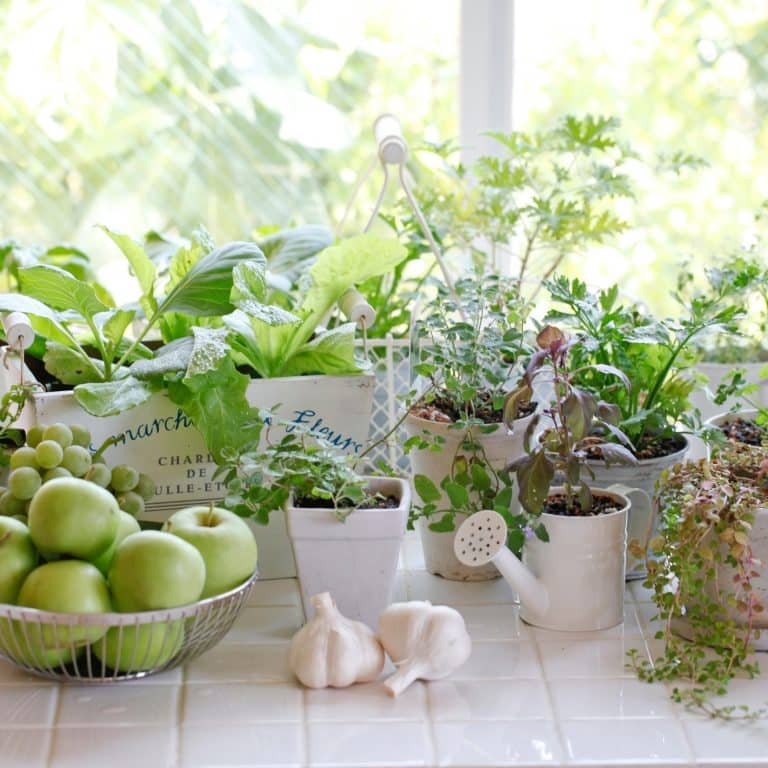Organic Gardening: Getting Started For The Novice Gardener
If you’re like most homemakers, you want to provide your family with the best possible food and environment. You may be thinking about starting an organic garden but aren’t sure where to start. This article will give you tips for getting started even if you’re a novice gardener. Gardening can be a fun and rewarding hobby for the whole family, so don’t hesitate to get started today!
Many individuals begin organic gardening so they know what goes into the food they eat. Another great reason is that organic fruits and vegetables may be rather costly to buy in big box shops! We desire to provide a better life for our families while trying to stick to a budget.
Where Should I Put My Garden?
Locating a suitable location for your organic garden is one of the first things to consider. Make certain that the area you choose receives enough sunshine and has the proper amount of shade for the plants you wish to cultivate.
Figuring out your sun and shade spots/times is important because different plants prefer different things. For example, if you plan on growing kale, collards, or other leafy greens, you’ll want a little more shade. These plants require only a few hours of sunshine per day.
The success of your new organic garden is heavily reliant on choosing your site carefully. Large trees and bushes are also worth noting since they will rob the nutrients from your garden. Make sure the area you select has well-drained soil too!
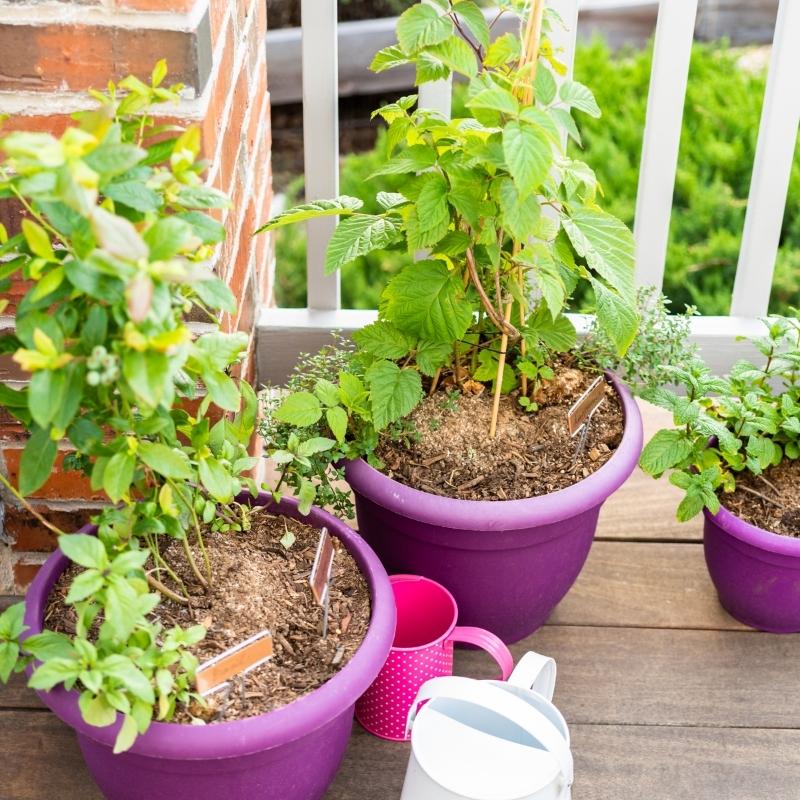
Container Gardening
If you don’t have a yard you can consider container gardening. Container gardening can be done in an apartment and with a little space. You can still demonstrate your green thumb by container gardening even if you live in an apartment or have limited space. Select a location where the plants will thrive; porches and balconies are great places. Tomatoes do well when supported by something and the rails of a balcony can work well. Keep in mind that wind can easily knock over your containers, so make sure they are secure.
Make harvesting and watering a snap by putting your container garden near your kitchen. This is especially helpful for herbs or leafy greens that are used often. The most important thing to remember is that you must use the correct size pots for the plants you are nurturing.
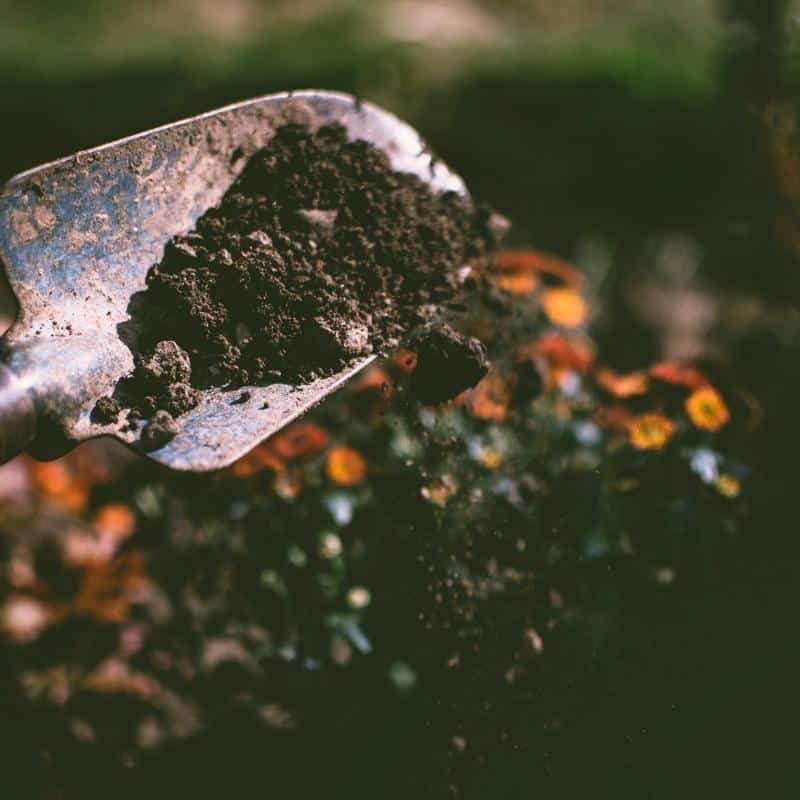
Starting With Great Soil Is Important
The second thing you should consider is the soil you start with. To produce excellent veggies, start with great soil. Excellent draining soil aids in the development of robust root systems in your plants. Drainage is also important so your plants don’t develop root rot. You want a rich nutrient-dense, mineral-rich dirt with an appropriate ph balance to help your plants grow as healthiest possible.
You can test your garden soil’s ph with a simple test kit that can be found at any gardening center. The ideal range for most plants is between 5.5 and 7.0, but some plants prefer a slightly different level.
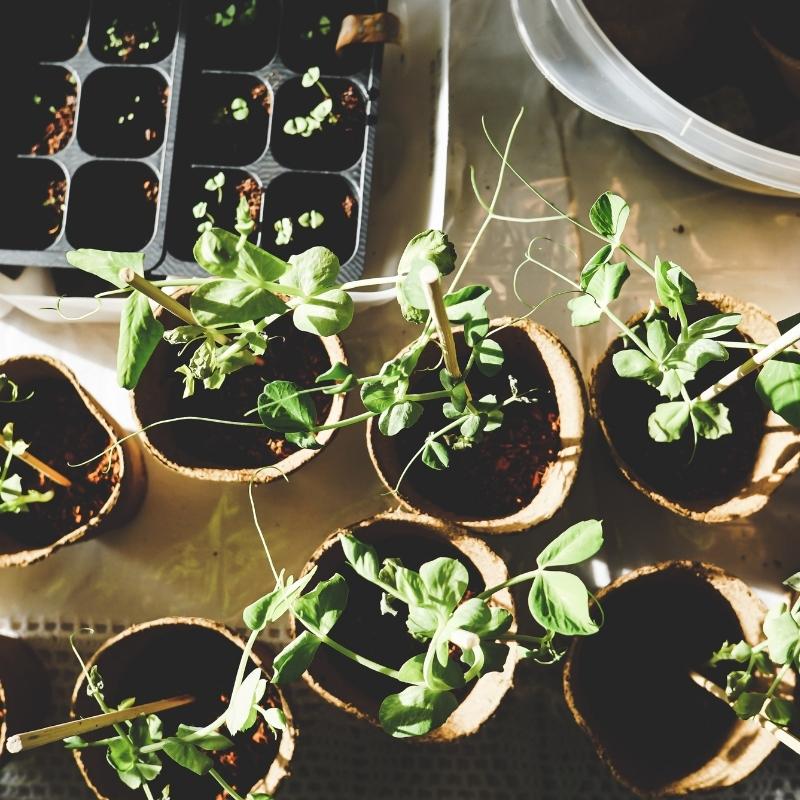
What Plants Should I Begin With?
Tomatoes
Tomatoes are one of the easiest and most hearty plants to start a garden with in my opinion. Indeterminate tomato plants are very robust and produce tomatoes all summer long. Make sure you have the proper soil, give them adequate light and water, and you’ll be eating delicious tomatoes before you know it. They’re ideal for container growing as well as in-ground gardening.
Herbs
You may also want to establish an herb garden on your kitchen windowsill. Fresh herbs have a wonderful flavor and can be used in all of your meals to give it added zest. You won’t find this variety of freshness in a store.
Zucchini
Zucchini is an excellent squash to start with when growing an organic garden. It has enormous leaves and beautiful blooms that are gorgeous. The flowers may also be consumed. Prepare for zucchini soup, zucchini casserole, and zucchini parmesan because you’ll have an abundance of zucchini. This plentiful squash is also simple to freeze for use throughout the winter.
Swiss Chard
Swiss Chard is similar to Spinach. It will produce delicious, tender leaves for months. To harvest, simply remove the outer leaves when you want them for a salad. Keep it watered and you can enjoy delicious leaves throughout the growing season.
Peas
Sugar snap and snow peas are two of the easiest vegetables to grow. They require some assistance, however, you will be rewarded handsomely. They form quickly and don’t require much attention. These taste wonderful in a dinner salad or as an accompaniment to chicken marsala.
Some other easy plants to start with are bell peppers, carrots, lettuce, and herbs. Once you get the hang of organic gardening, you can try your hand at more difficult plants.
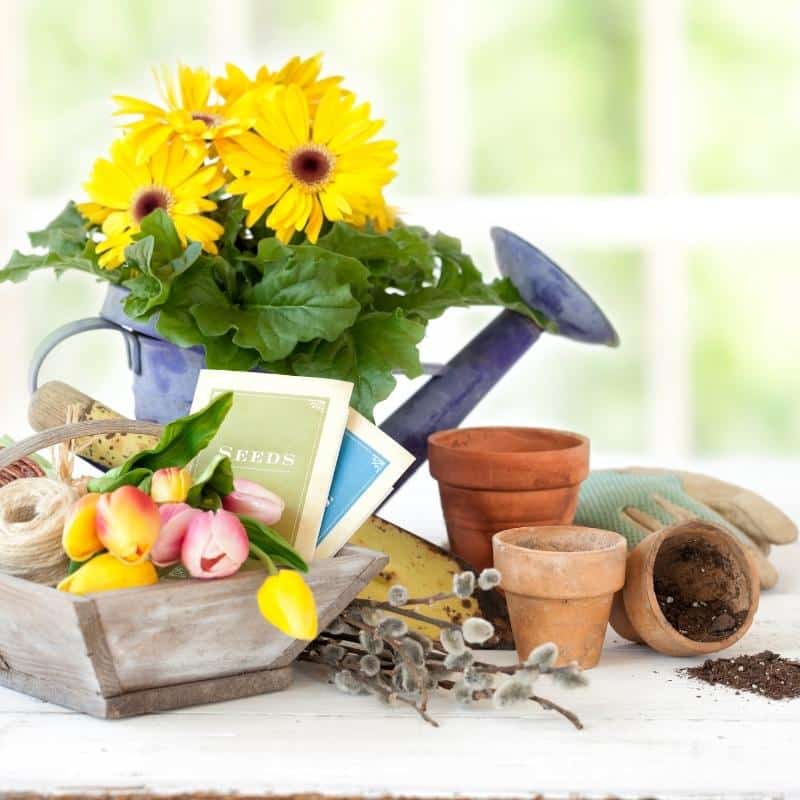
What Tools Do I Need For Gardening?
Tools are helpful but not necessary. Depending on your budget, you may want to purchase some helpful gardening tools or find some easy DIY solutions.
Some tools you will find helpful are:
- Clippers: Used for pruning and harvesting your vegetables. Scissors are another great alternative.
- A Garden Trowel or small handheld shovel: Used for digging holes, planting seeds, and moving around soil. However this is another tool that has an easy DIY solution: you can use a spoon or even your hands, it just might take a little longer.
- A Soil Ph Test Kit: Make sure you are starting with the best soil for your plants.
- Garden Gloves: Keep your hands safe from stickers, slivers, and thorns, and of course clean!
- A Watering Can: You must offer your plants water in order for them to thrive! A Watering Can may make it easier, but a bucket or even a cup can be used as well.
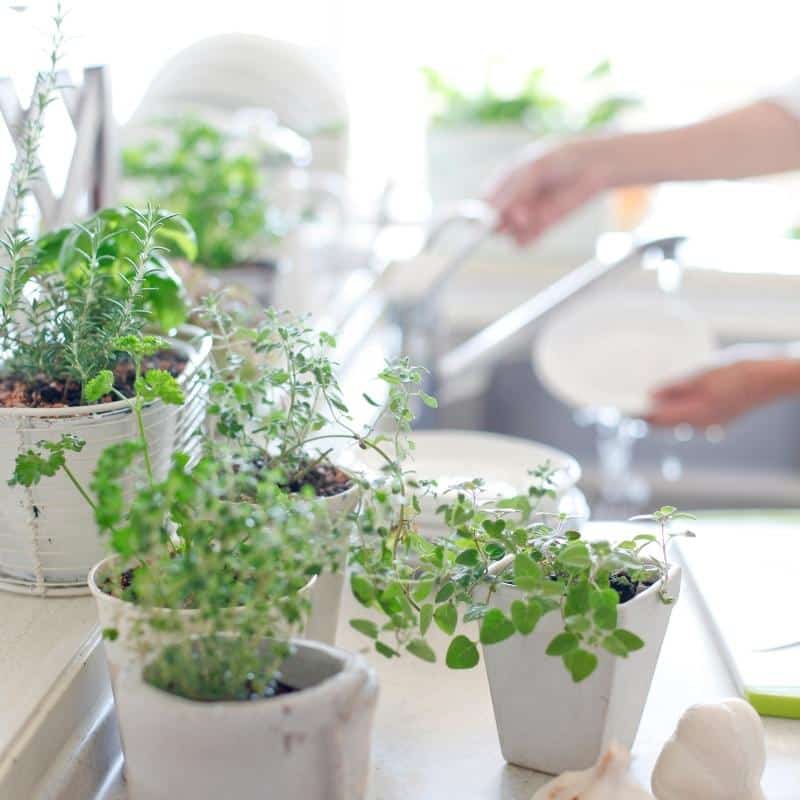
Can Gardening Save Money?
Yes and Yes! Gardening not only saves money, but also time, and gas. Gardening can be a rewarding experience and something you can share with your children. Learning how to grow your own produce organically will help you to save on trips to the grocery store and curb some of the costs of buying organically grown produce. You will save gas because you won’t have to go to the store as often.
The prices of organically grown produce bought at the grocery store have skyrocketed and made it almost impossible to buy and remain on a budget. I know at my local grocery store the organic section is almost twice the cost of non-organic. I want to be able to give my family fresh and healthy meals without breaking the bank.Â
